
Purpose + Profit
How Business Can Lift Up the World
Recommendation
Corporate leaders in the mid-1900s thought mandatory financial reporting was “impossible.” Now, those who resist reporting corporate environmental, social, and governance (ESG) data take the same stance, but Harvard professor George Serafeim offers research and examples showing that pursuing ESG goals increases a company’s market share. And reports indicate that as of 2019, about 90% of companies reported ESG data. Serafeim provides steps companies and leaders can take to be more accountable. He also points out that advanced technology and new metrics simplify the process of collecting and reporting valid information. With customers and employees increasingly focused on corporate behavior, companies that achieve meaningful ESG goals can benefit financially while being socially responsible.
Summary
About the Author
George Serafeim is the Charles M. Williams Professor of Business Administration at Harvard Business School. He has presented his research in more than 60 countries. He serves on the board of directors of Liberty Mutual and AEA-Bridges Impact Corporation and co-founded the advisory services firm KKS Advisors and the technology firm Richmond Global Sciences.


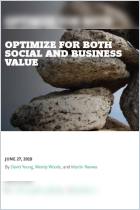
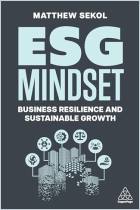

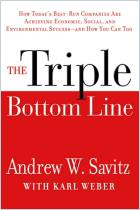
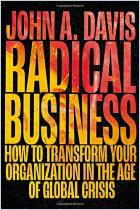
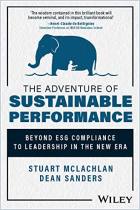






Comment on this summary